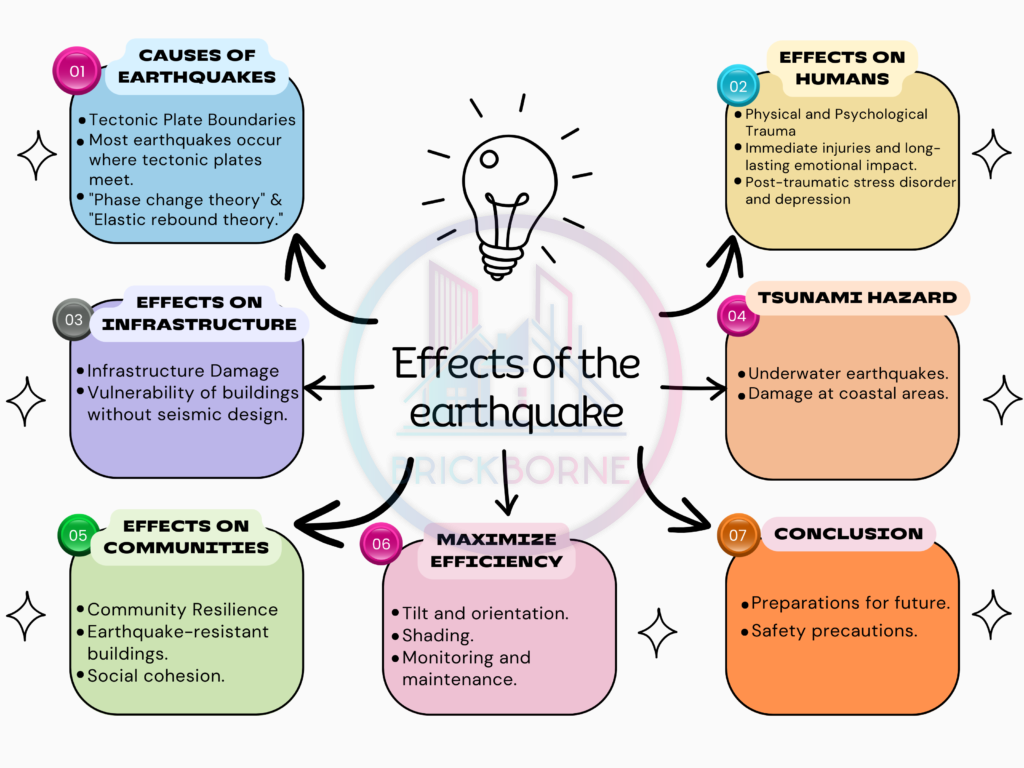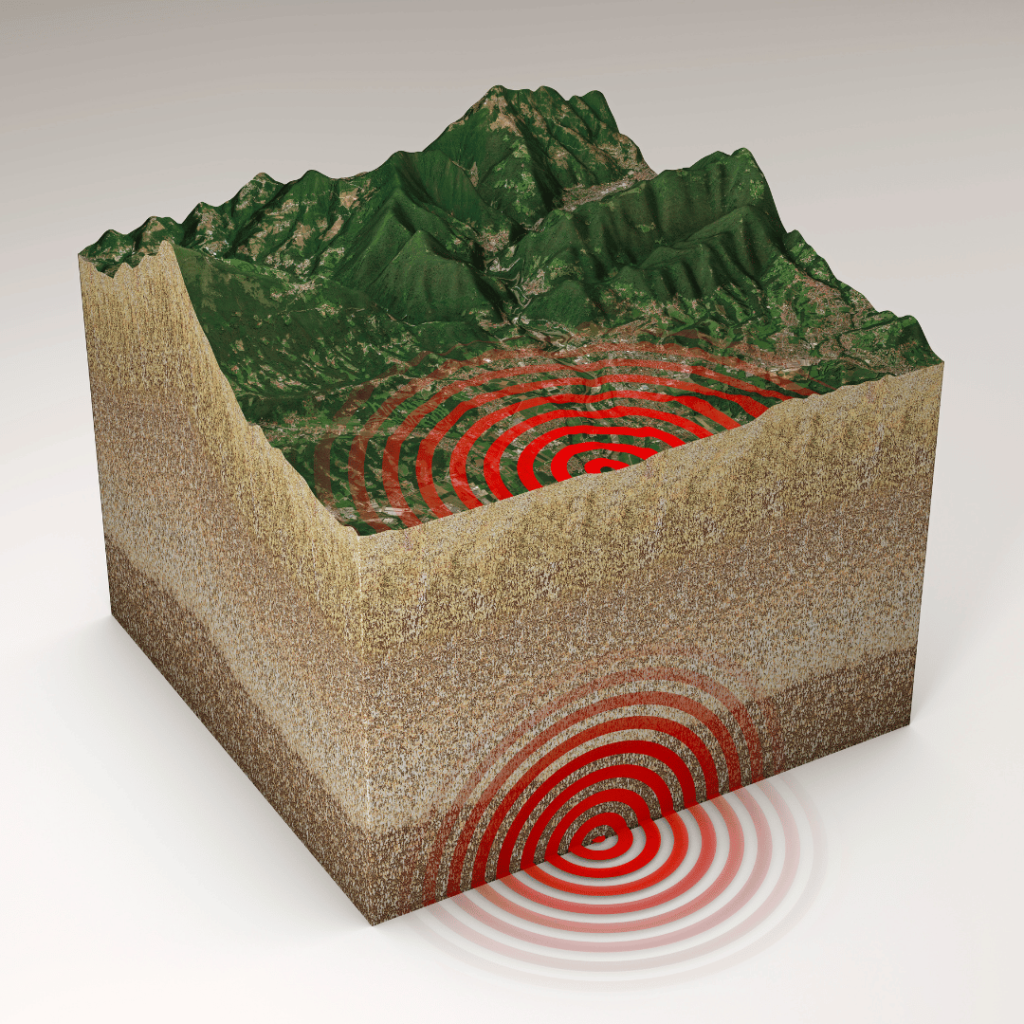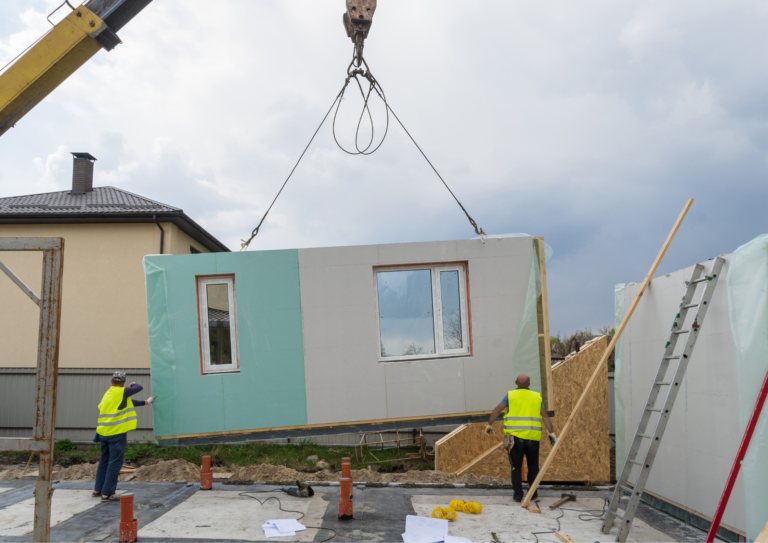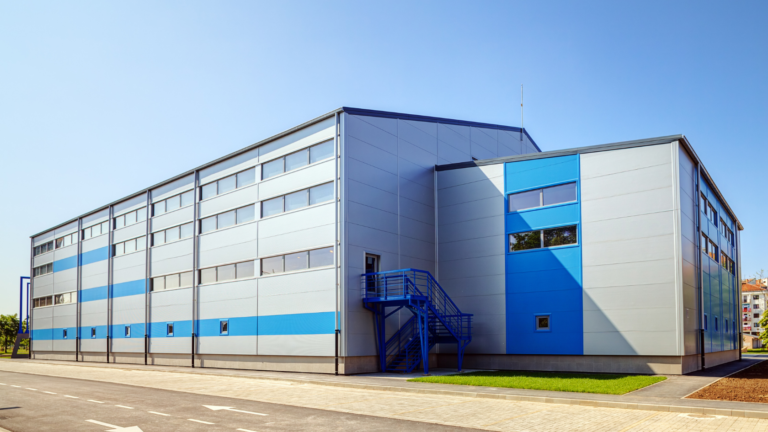From the Centuries, earthquakes have been something that has terrified humans the most. Earthquake has affected mankind in many ways. Sometimes an earthquake is only slight jolts and sometimes they destroy the community completely. As earthquakes are natural, we can not control the earth’s movements, however, we can take preventive measures to minimize the loss. In this blog, we will discuss the effects of the earthquake in detail. However, before discussing the effects, it is necessary to understand the causes of earthquakes proposed by the scientific community.

Understanding the Causes of Earthquakes
Scientists propose that the Earth’s crust consists of several large and small plates that continuously float on magma, similar to a wooden log floating freely on water. When tectonic plates collide, they generate waves known as seismic waves. These waves are responsible for earthquakes.
| Tectonic Plate Boundaries | · Most earthquakes are inter-plate earthquakes, meaning they occur where plate boundaries meet. · For detailed knowledge, go through “Phase change theory” and “Elastic rebound theory.” | |
| Volcanic Activity | · Volcanoes can also trigger earthquakes. · As magma rises to the surface, it cracks and fractures the surrounding rocks which cause earthquakes. | |
| Human Activities | · Several human activities can also cause earthquakes such as mining, severe blasts, etc. |
The Effects of the Earthquake on Humans
There are several effects of earthquakes on humans. Let’s discuss that in detail.
Effects of the Earthquake on Mental and Physical Health
This is the most immediate effect that human faces during jolts. People who panic during shaking may face injuries. Furthermore, scientific evidence confirms that earthquakes can induce long-lasting fear among individuals. Moreover, the most commonly observed mental disorders in earthquake survivors are post-traumatic stress disorder and depression.
Loss of life
The major concern among people after the occurrence of earthquakes is about loss of life which depends on multiple factors.
- Magnitude of the quake
- The population density in the affected area
- Preparedness of the community
Large earthquakes have historically claimed thousands to even hundreds of thousands of lives.
Effects of the Earthquake on Human Settlement
Earthquakes can cause severe damage to the infrastructure of a city/town. Firstly, the structural damage may leave many people homeless after the earthquake. People are then forced to live in temporary shelters. Secondly, this property loss and homelessness of thousands of people can have long-term social and economic effects.
Effects of the Earthquake and Damage
Effects of the Earthquake on Infrastructure
The closer to the epicenter, the greater the damage observed due to the earthquake. Buildings that are not seismically designed are more vulnerable to earthquakes. Apart from buildings, damage to road networks and bridges can disrupt the economic activities of the community.
Political & Economic Impact
It is evident where there is damage. There would be economic losses. These economic losses can be felt at the personal as well as national level. It may take several years to overcome this economic loss. The country needs to take debt from international agencies which may have its own political impacts.
Effects of the Earthquake on the Environment
The following environmental effects are generally observed after earthquakes.
- Landslides
- Liquefaction
- Ground ruptures can alter landscapes and damage ecosystems.
Effects of the Earthquake and Tsunami
Tsunami Hazard
If a seismic vibration occurs under the ocean or near coastal areas, it can cause a tsunami. Tsunami further adds to the damage caused by the earthquake. The magnitude of the earthquake that caused a devastating tsunami in 2011 was 9.0.
Tsunami can destroy infrastructure on a large scale near coastal regions which is again followed by homelessness and economic loss.
Effects of the Earthquake on Community
Community Resilience
The communities/governments that have invested in earth-resistant buildings are less vulnerable to damages caused by earthquakes. On the other hand, those structures that are built without seismic considerations are dangerous for the whole community.
Social Cohesion:
After the earthquake, people helped those who suffered losses. This increases social cohesion in communities. Strangers become friends when they help each other. Similarly, this attitude will make communities take collective steps against future earthquakes.
Long-Term Recovery
Rebuilding communities after the earthquake is a long-term and challenging process that requires consistency and hard work from personal to government level.
Every one of us may have experienced an earthquake once in our life. Earthquakes are great natural events that have severe effects on human lives, communities, and the environment. Understanding the origins of earthquakes and their different effects is essential for preparation and mitigation efforts. While we cannot avoid earthquakes, we can take action to limit their damage and construct resilient communities that can resist and recover from severe seismic shocks. Day by day, research on earthquakes is increasing and scientists are discovering new ways to save people from the harmful effects of earthquakes. We should hope that one day earthquake engineers can ensure 100% resilience of communities.






1 comment
Retrofitting Homes For Earthquakes: Everything you need to know
[…] Therefore, we need to take some preventive measures so that our infrastructure can withstand the strong seismic forces. Engineers have come up with different ways to strengthen your home/building. Retrofitting means to […]